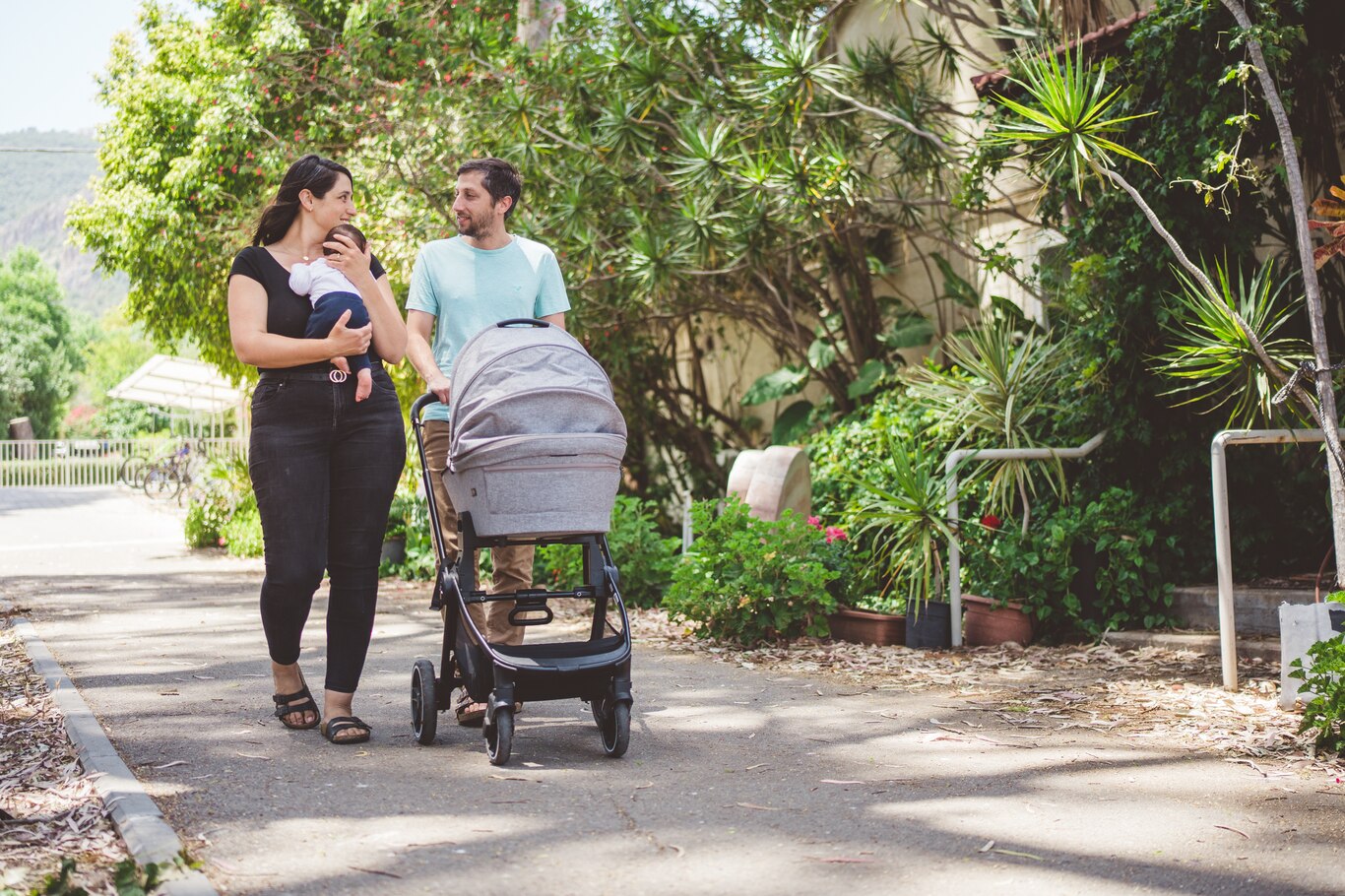Optimizing Nutrition and Lifestyle for Breastfeeding Mothers
Babies receive most of their necessary nutrients from breastmilk, almost regardless of their mother’s nutrition. However, for optimal health maintenance, it is recommended to embrace a healthy lifestyle and follow a Mediterranean diet based on fish, legumes, vegetables, and other nutritious foods.
If you follow a vegetarian or vegan lifestyle, you should periodically check that you are not lacking any essential nutrients.
Nutrition
- Studies have shown that babies receive most of their necessary nutrients from breastmilk, even when their mother does not maintain a regular and organized diet. However, a balanced and varied diet, which includes all the major food groups, is important for you as well.
- The Mediterranean diet, based on fish, legumes, vegetables, and more, is the recommended diet for maintaining a healthy lifestyle and preventing illnesses during breastfeeding as well as in any other phase of life.
- There are no forbidden foods during breastfeeding. If you are concerned about your baby's reaction to a particular food, talk to your physician.
- The breastmilk of vegetarian and vegan mothers may lack certain nutrients, for example, B12 vitamin. It is recommended to seek consultation from healthcare professionals to supplement the missing components through food or food additives.
For further reading about baby nutrition in vegetarian or vegan families
Food additives
If you have a varied diet, you do not need to take any special food additives while breastfeeding, except for:
- Folic acid, which is recommended for every woman in her reproductive years by the Ministry of Health.
Read more about folic acid - It is advised that you continue taking an iron additive up to six weeks after delivery and undergo a blood count as per the recommendations provided to you.
It is recommended to consult with healthcare professionals before taking other food additives during breastfeeding:
The National Center of Teratology Information Specialists: 02-6243663/9
Shamir Medical Center (Assaf Harofeh): 08-7997309
Drinking
- It is imperative that you consume a sufficient amount of fluids – at least 8–10 cups per day, depending on the weather.
- Some women experience increased thirst during breastfeeding. To make it more convenient, keep a bottle of water nearby. It is also good practice to drink a glass of water during every breastfeeding session.
Smoking
- It is crucial to refrain from smoking. Tobacco smoking is harmful both for you and for your baby.
- If you smoke and have doubts about breastfeeding, breastmilk is still the recommended nutrition for your baby. The advantages of breastfeeding outweigh the disadvantages of smoking.
- You should try to reduce to a minimum the number of cigarettes you smoke and not smoke before and during breastfeeding.
Alcohol consumption
- As a general guideline, it is not recommended to consume alcohol while breastfeeding.
- If you would like to have an occasional drink, it is important that you breastfeed before drinking and wait approximately two hours after drinking each standard drink (a standard drink is one glass of wine, shot, or bottle of beer). If you had two glasses of wine, wait four hours before the next breastfeeding session, and so on.
Use of medications
Most medications are safe during breastfeeding. However, it is recommended to seek medical consultation before taking any medications.
You can also consult with the teratology centers:
The National Center of Teratology Information Specialists: 02-6243663/9
Shamir Medical Center (Assaf Harofeh): 08-7997309

















